In the Mood for Poetry: Grief
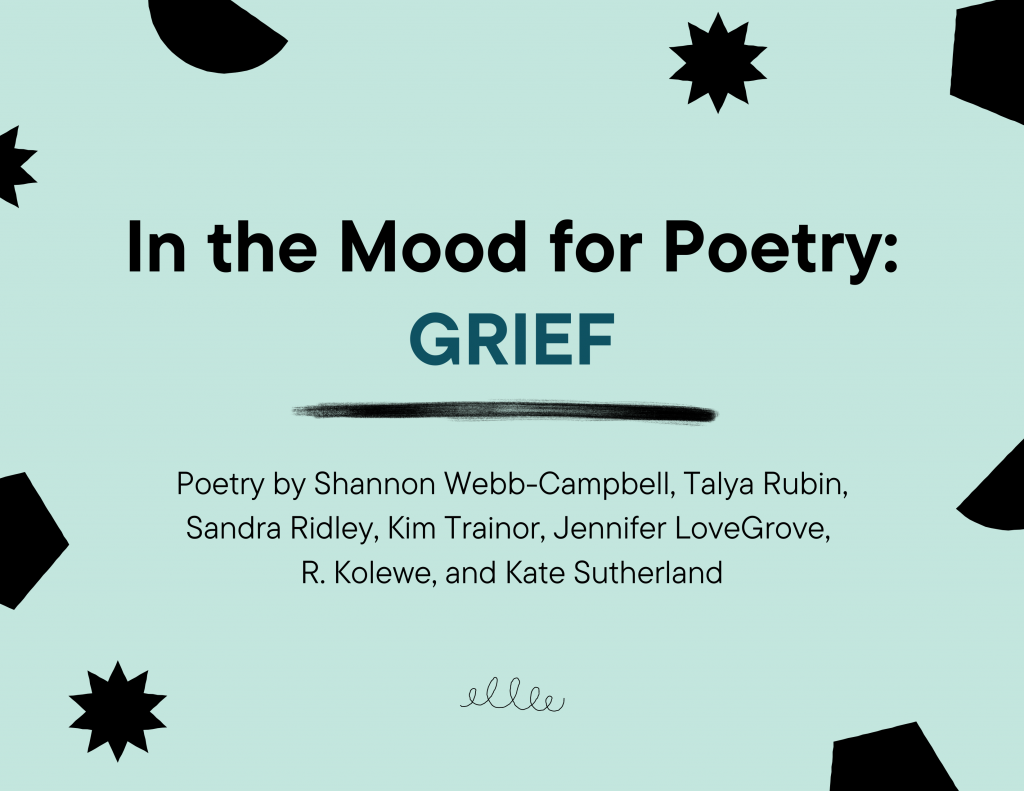
Grief is personal and unpredictable; no two people experience it the same way, and yet, each person that comes out the other side is transformed by their experience of loss and redemption.
This statement from Sandra Ridley’s Silvija could serve as a thesis for today’s In the Mood for Poetry feature, which highlights collections that pirouette across various states of loss and grief. These poets reimagine what it means to mourn—people, planet, autonomy, equality, time—collecting shards of memory, emotion, and experience in service of healing and revelation.
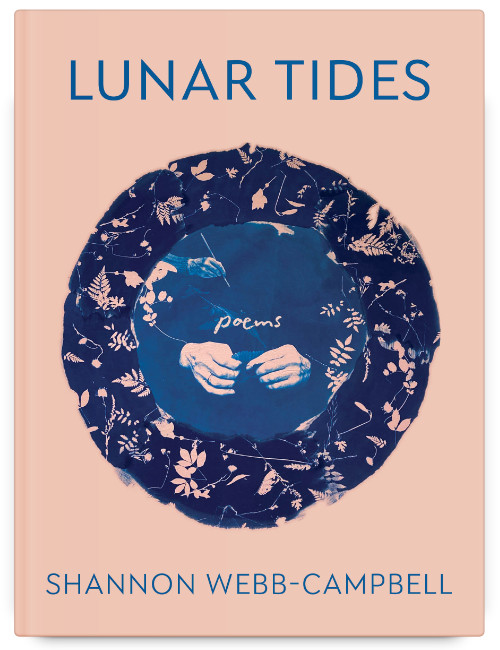
Lunar Tides by Shannon Webb-Campbell
Originating from Webb-Campbell’s deep grief of losing her mother, Lunar Tides charts the arc to finding her again in the waves. “In Lunar Tides, Shannon Webb-Campbell exposes a heart that’s broken but also carried across the gulf between the moon and the sea. . . She shows us that grief is tidal, its ebb and flow pulsing like the moon and dog-earring our memories,” writes Douglas Walbourne-Gough, author of Crow Gulch. Written from a mixed Mi’kmaq/settler perspective, this work also explores the legacies of colonialism, kinship and Indigenous resurgence.
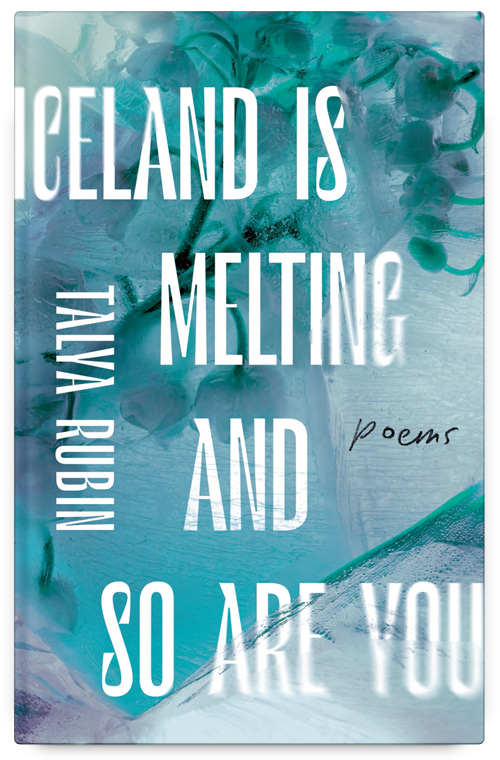
Iceland Is Melting and So Are You by Talya Rubin
“What does it mean to grieve for a glacier? Iceland Is Melting and So Are You takes readers into the right now of the climate crisis, where the daily ‘thunder of collapse’ is deafening, yet too often ignored,” writes Claire Caldwell, author of Gold Rush. This latest collection by award-winning poet Talya Rubin asks us to consider what we have kept frozen and unexamined within us and—in doing so—recognize the complex grief and wonder we face in considering the end of the human epoch.
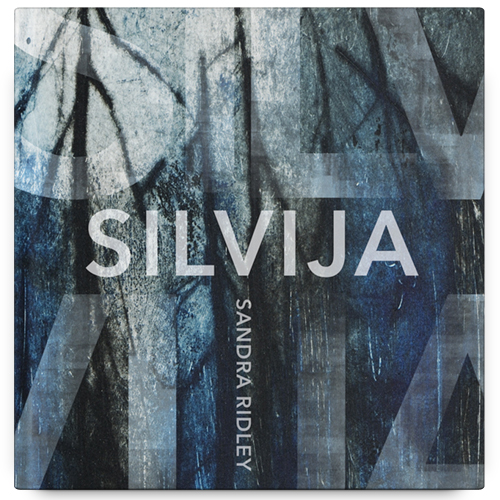
Silvija by Sandra Ridley
In a sequence of five feverish elegies, Sandra Ridley’s Griffin Poetry Prize shortlisted collection Silvija combines narrative lyric and experimental verse styles to manifest dark themes related to love and loss: the traumas of psychological suffering, physical abuse, terminal illness, revelation, resolution, and healing. Silvija is “a complex tapestry that refuses anything straightforward, the emotional content is raw, savage and brutally stark,” writes rob mclennan.
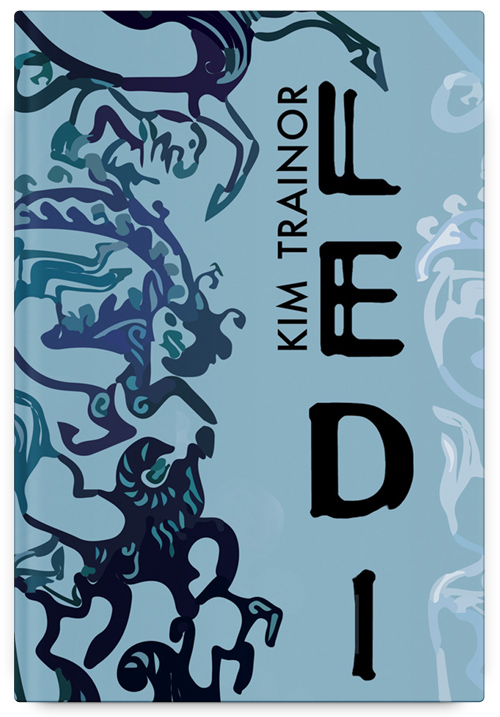
Ledi by Kim Trainor
Ledi by Vancouver poet Kim Trainor describes the excavation of an Iron Age Pazyryk woman from her ice-bound grave in the steppes of Siberia. Trainor uses this burial site to undertake the emotional excavation of the death of a former lover by suicide. As the poem relates the discovery of Ledi’s gravesite, the narrator attempts simultaneously to reconstruct her own past relationship and the body of her lover. “A threnody of ghostly lingerings, ancestral earth and grasses, a Griffin tattoo, decaying traces, and a desert abloom. Ledi is unforgettable,” writes Sandra Ridley, author of Silvija.
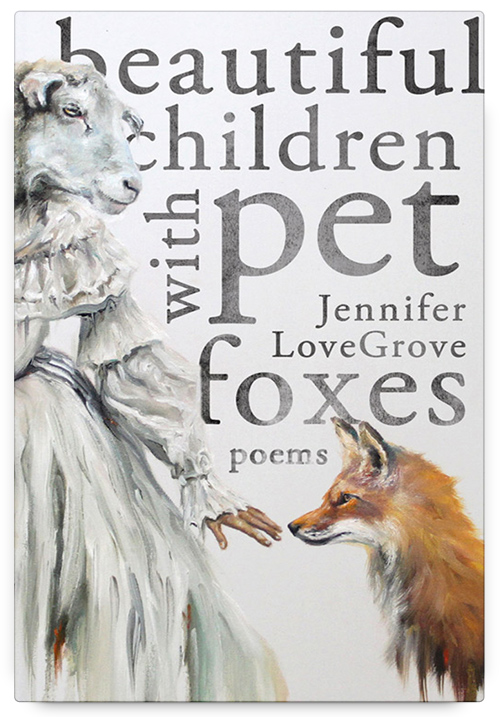
Beautiful Children with Pet Foxes by Jennifer LoveGrove
These are poems haunted by the ghosts of alienation, trauma, delusion, and fear that the past decade has instilled in us. Here you will encounter a whole host of personas, both tame and wild—from humans to foxes, moose, deer and crows, slugs, fish, beetles, mosquitos, earthworms, and more—who give voice to the things we can’t express in our daily lives. “Beautiful Children with Pet Foxes also stretches the possibility of lyric expression with a dreamlike twist,” writes Domenica Martinello in a review for The Globe and Mail
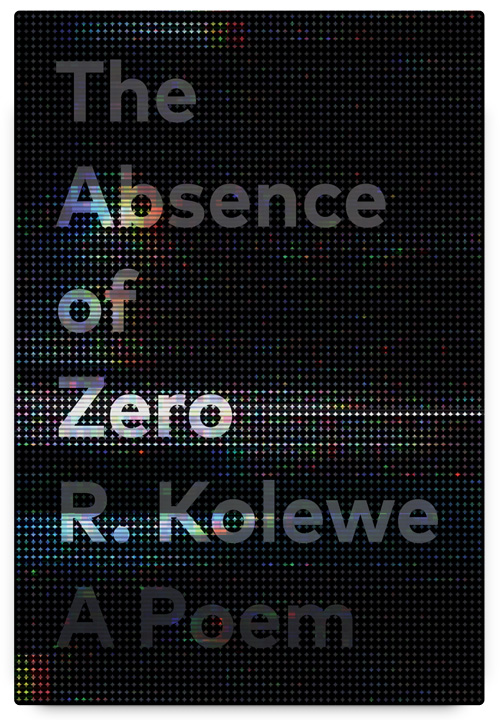
The Absence of Zero by R. Kolewe
The Absence of Zero is a triumphantly executed celebration of the long poem tradition. Consisting of 256 16-line quartets, and 34 free-form interruptions, this slow-moving haunting work is a beautiful example of thinking in language, a meditation that explores time and memory in both content and form. The 20th century is already more than 20 years past: The Absence of Zero is Kolewe’s elegy to that era, and the disparate fragments of its ideas that continue to affect and disrupt our present. “R. Kolewe’s The Absence of Zero is a daring, daily progression that depends upon return as palimpsest. Call it what it is. Gorgeous. Steadfastly urgent. Patient as dawn,” writes Margaret Christakos, author of charger, Dear Birch, and Her Paraphernalia.
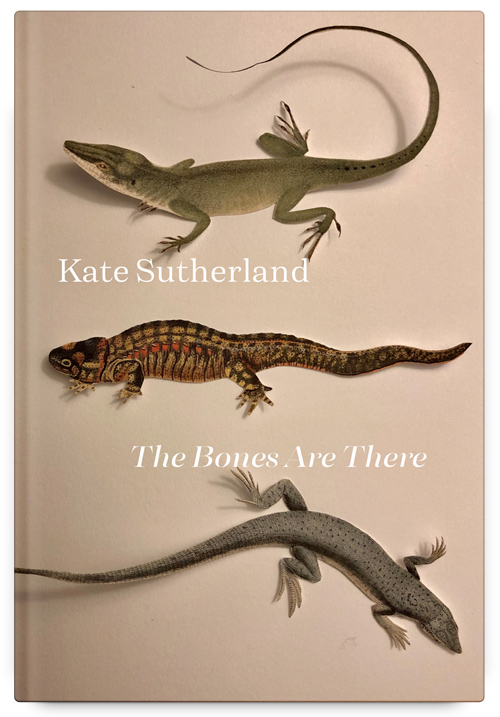
The Bones Are There by Kate Sutherland
Zigzagging across the globe, Kate Sutherland’s fourth book pieces together excerpts from travellers’ journals, ships’ logs, textbooks and manuals, individual testimony, even fairy and folk tales that tell stories of extinction—of various species, and of our own understanding of, and culpability within, its process. She draws identifiable connections between various animal extinctions and human legacies of imperialism, colonialism, capitalism, and misogyny, charting the ways in which they juxtapose one another while impacting the natural order of things. “Sutherland presents us inventive collage poems full of the ‘musculature’ of the extinct and the wonders of (re)discovery,” writes Governor General’s Literary Award-winner Madhur Anand, author of This Red Line Goes Straight to Your Heart.

